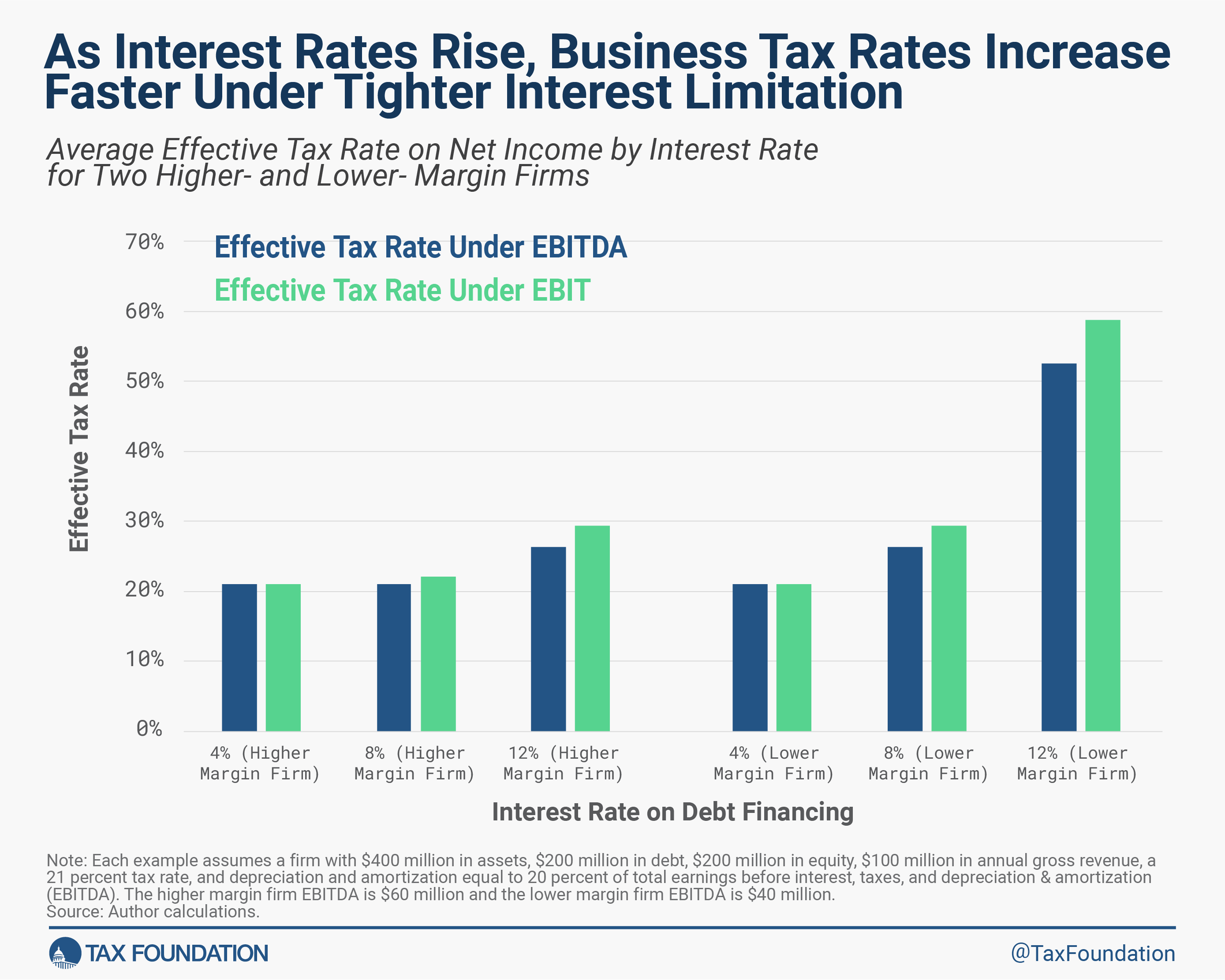Secrecy and Security: Keeping Your Estate Plan Confidential
Some people choose to share the details of their estate plan with loved ones while they are alive. Others prefer to keep those details confidential while alive yet are not concerned about them being made public after their death. Still other people want the details of their estate plan to remain private both while alive and after their death. To ensure that your wishes on the matter are honored, the Indianapolis estate planning attorneys at Frank & Kraft discuss how to keep your estate plan confidential.
Should You Share Details of Your Estate Plan While You Are Alive?
Whether or not to share the details of your estate plan, and with whom to share those details if you decide to do so, are extremely personal decisions. Moreover, there are strong arguments for both keeping the details private and sharing the details. On the one hand, sharing the details of your estate plan with family and loved ones allows them to prepare and plan accordingly. It can also limit the likelihood of probate litigation when your surviving loved ones don’t have to navigate and emotionally handle any big surprises. On the other hand, if you do plan to distribute your estate in a way that will likely cause strong negative emotions from family members or loved ones, you may prefer to avoid having to handle the backlash yourself, preferring to let everyone involved deal with it after you are gone. Whatever your reasons may be for preferring to keep the details of your estate plan confidential, the first step is to refrain from sharing those details with people while you are alive.
Can Your Estate Plan Remain Confidential after You Are Gone?
If you prefer to keep the details of your estate plan private even after your death, you are hardly alone. For varying reasons, many people consider it an estate plan goal to ensure that their plan remains confidential after they are gone. If that is your choice, you need to have a clear understanding of what steps you can take and choices you can make to achieve your goal.
If you are like most people, the first estate planning document you created was a Last Will and Testament. Your Will can distribute your entire estate; however, there are numerous reasons to not use a Will as your sole, or even primary, method of distribution. One of those reasons relates to privacy. Shortly after your death, the Executor of your Will must submit an original copy of your Will to the appropriate court for probate. Once your Will is submitted to the court, it becomes a matter of public record. As such, anyone can view the terms of your Will after your death.
If you wish to keep the details relating to the distribution of your estate confidential, using a living trust to distribute your estate can help. Unlike a Will, a trust agreement (legal document used to establish a trust) is not required to be submitted to probate court during the probate of your estate. Instead, the assets held in the trust can be distributed outside of probate according to the terms of the trust agreement. Keep in mind, however, that if your objective is confidentiality, you must use a living trust, not a testamentary trust. While a living trust is created during your lifetime, a testamentary trust is created through a provision in your Will after your death. Consequently, the existence and potentially the terms of a testamentary trust will be publicly available following your death.
Do You Need Help Keeping Your Estate Plan Confidential?
For more information, please join us for an upcoming FREE seminar. If you have additional questions or concerns about how to keep your estate plan confidential, contact the experienced Indianapolis estate planning attorneys at Frank & Kraft by calling (317) 684-1100 to schedule an appointment.
Paul Kraft is Co-Founder and the senior Principal of Frank & Kraft, one of the leading law firms in Indiana in the area of estate planning as well as business and tax planning.
Mr. Kraft assists clients primarily in the areas of estate planning and administration, Medicaid planning, federal and state taxation, real estate and corporate law, bringing the added perspective of an accounting background to his work.
Latest posts by Paul A. Kraft, Estate Planning Attorney (see all)






